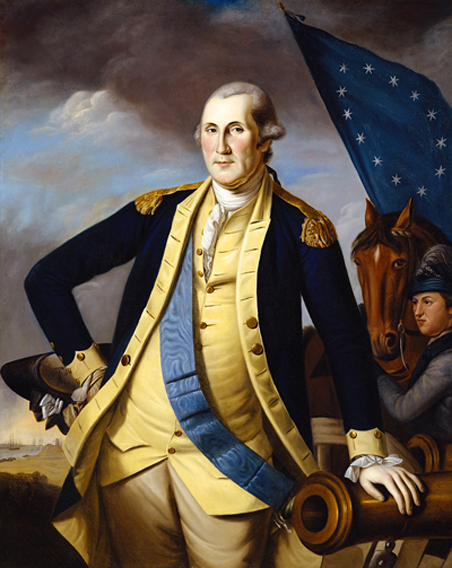 A history professor points out that the conflict between Congress and the President over war making was settled - in the Constitution - in favor of Congress, but things changed quickly due to the fact that our first president was a general, with some understanding of the military.
A history professor points out that the conflict between Congress and the President over war making was settled - in the Constitution - in favor of Congress, but things changed quickly due to the fact that our first president was a general, with some understanding of the military.As a result, Congress began the habit of deferring to the president in military matters. Most of what Congress did was to respond after the fact to military matters which the executive got in the habit of embarking upon as it deemed necessary.
- Click here for the article.
In 1787, delegates met in Philadelphia to discuss revising the older “Articles of Confederation” that governed the U.S. They quickly jettisoned these, dedicating themselves instead to crafting the document that would become the U.S. Constitution.
The delegates were almost unanimous in their belief that war powers would rest in the hands of the legislature, not the executive branch. In fact, early drafts of the Constitution specified that Congress would have the power to “make war.” This was ultimately changed to “declare war” to avoid tying the hands of the president in the case of sudden attacks. But most essential functions of war-making, and by extension, foreign policy, remained in the hands of Congress.
In this formulation, the executive simply executed the will of Congress. The president was the “commander in chief,” but when it came to decisions about going to war, continuing wars and funding wars, Congress supplied the brains, and the president provided the muscle.
Problems began with the first president. George Washington knew more about war than anyone in Congress, and he immediately shifted the balance of power between the executive and legislative branches. The catalyst was a war of sorts, but one that wouldn't be waged against the standing army of another nation.
Instead, Washington sought "buy in" to go after the Indian tribes that began attacking white settlers on the western frontier in the late 1780s. Like the Islamic State today, they posed a threat that was at once amorphous, hard to reach, and even harder to combat. The Miami and Shawnee tribes of the Ohio River Valley had scalped and murdered settlers, stolen livestock and taken civilians captive.
In 1789, Washington dutifully went to Congress, and warned lawmakers that it might be necessary to “punish aggressors” on the western frontier. Congress, preoccupied by other matters, declared that it wouldn't “hesitate to concur in such further measures” that Washington had in mind. No formal vote authorizing war was held.